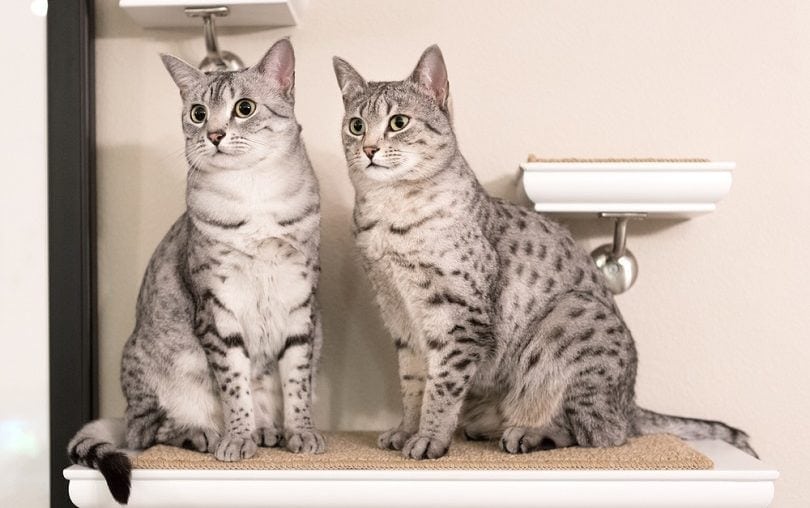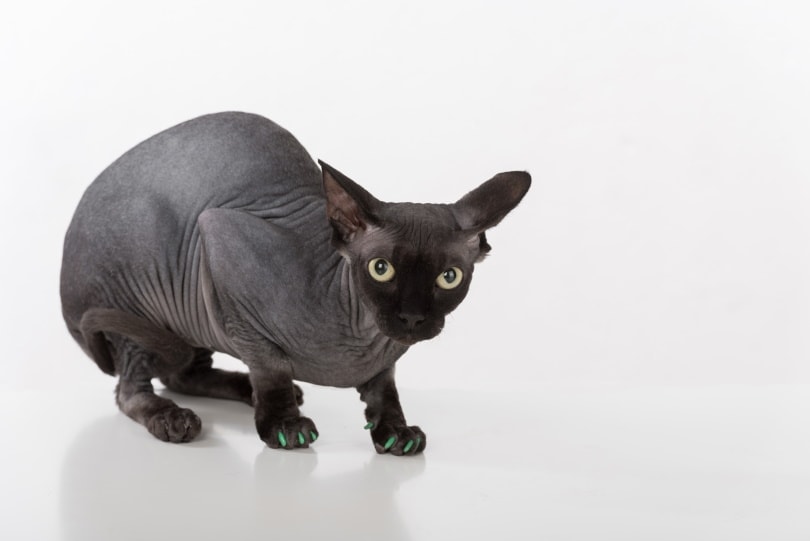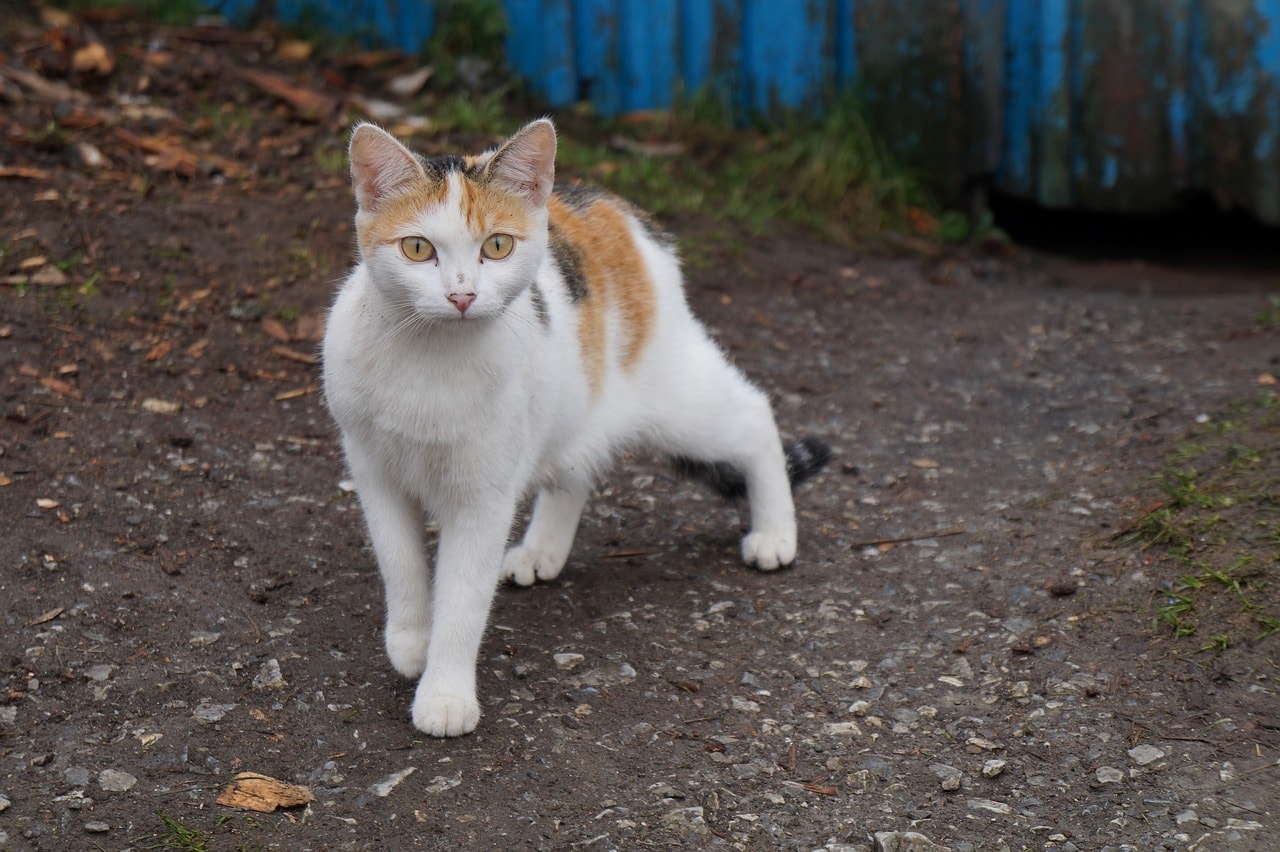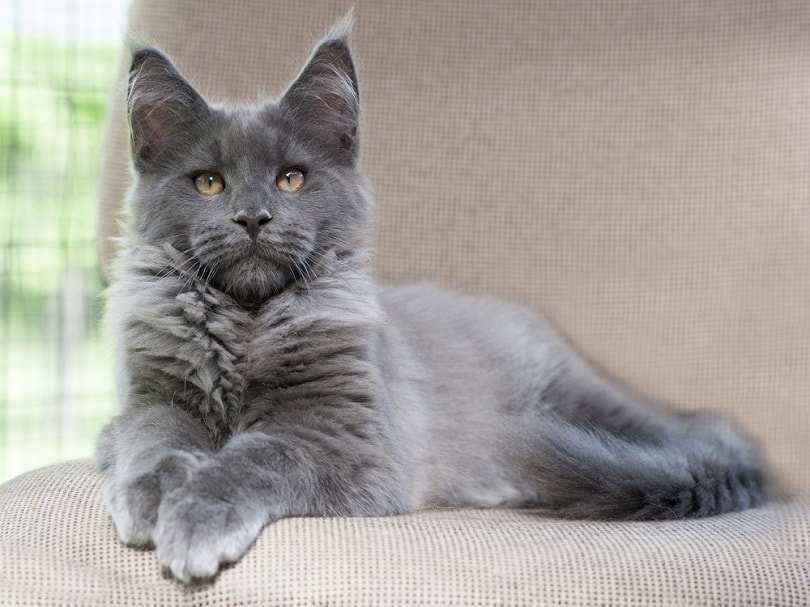Our cats are precious to us, and it’s downright heartbreaking to think that one day we’re going to have to say goodbye. But with advancements in modern technology, there are now ways you may be able to keep the spirit of your favorite pet alive—in a way.
If you are uncomfortable with the idea of losing your pet forever and want to have a replica of them, cloning is an option. Granted, you must have the right financial resources and understand the process entirely before jumping right in. But let’s explain the cost and exactly what you can expect from cloning. Cloning a cat costs at least $35,000. Keep reading to see the details!
What Is Cloning?
Cloning is when the DNA of an individual is recreated at a cellular level. Structurally, your pet and the new cat will be completely identical. However, cloning does not transfer personality or memory.
Scientists take a somatic cell from your cat’s sample and remove the nucleus from an egg. Then, the somatic cell is placed inside of the age. If the process takes, it will turn into an embryo, and they can put it into the womb of a suitable female to complete the growth process.
An excellent way to explain clones is that they are an identical twin of a beloved feline. They are not, however, the same animal in terms of character. They have different factors during pregnancy, and existence can alter the personality of your pets.
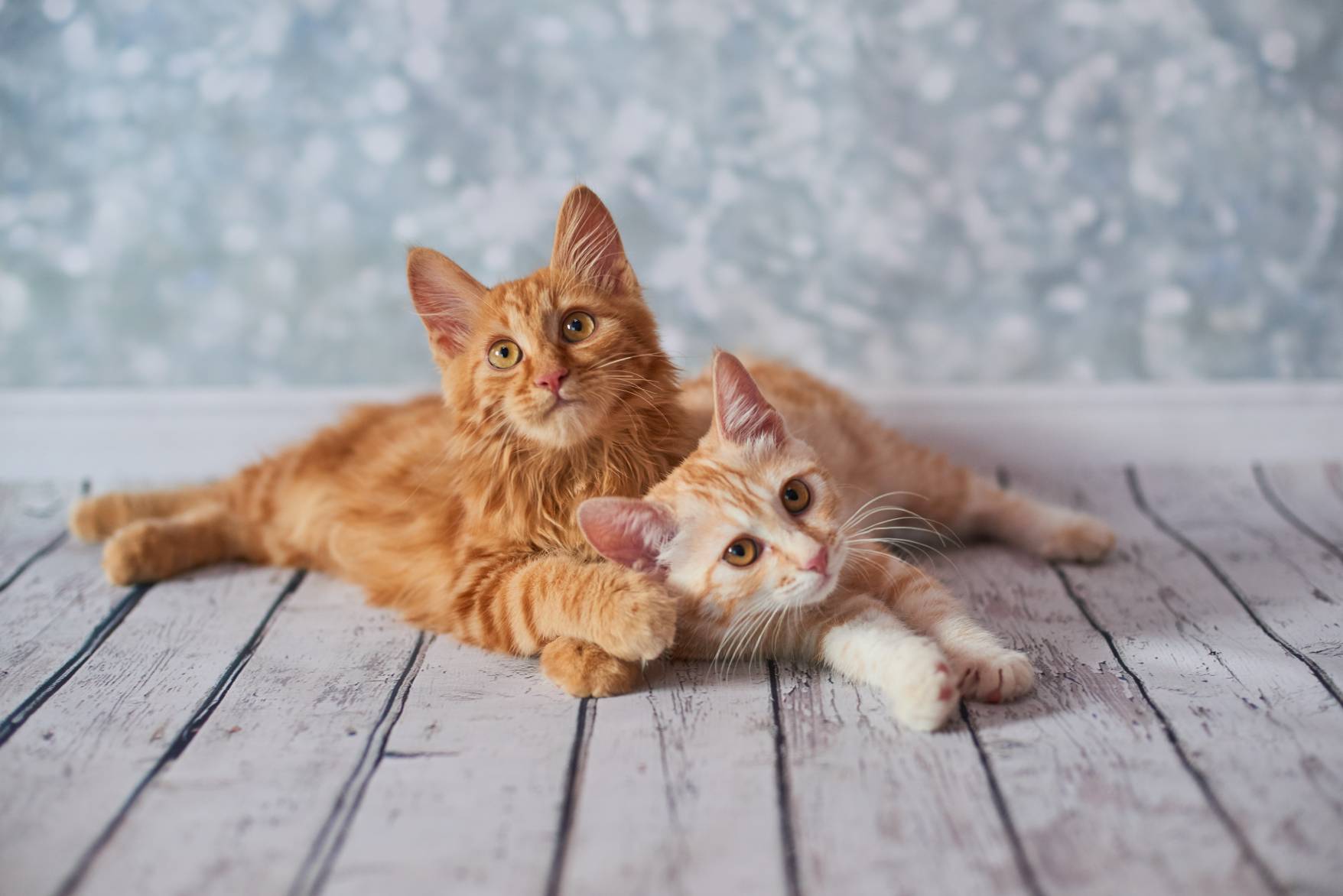
Who Clones Animals?
Scientists have been cloning animals for many years. Once Dolly the cloned sheep was born in 1996, they started paving the path for new cloning science to develop. Several companies have dabbled in both human and animal cloning, but only one company in the United States executes this process for pets.
This company is called ViaGen Pets, located in Texas. This company requires a deposit before they start working on your replica animal. Once the clone is successful and complete, you pay the remaining portion.
Cost of Cloning
If you want a clone of your cat, you can count on ViaGen in Texas. The cost is $35,000 total, paying half before services ($17,500), and the rest of your remaining balance afterward.
That isn’t the only thing you can opt for, however. ViaGen offers other services, including preserving your pet’s DNA while they are still living, among other options. So, if you have a cat that you can’t imagine losing, you can have their DNA sample frozen in a lab until it’s time.
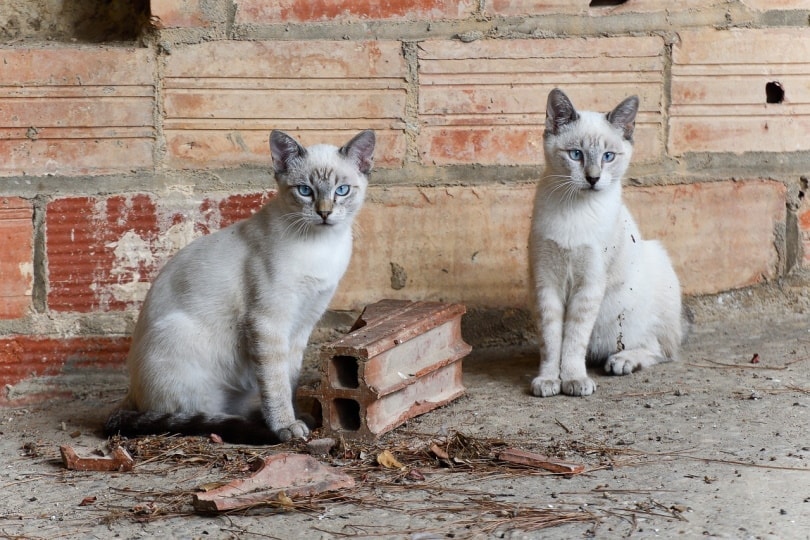
Ethical and Moral Dilemmas Regarding Cloning
Because cloning is such an unnatural process with such a low success rate, many speculate about the safety and security of cloning.
Also, when you are grieving a pet, the entire reason why you clone them might be because you want to have that same pet back. But the reality with cloning is that even though they look exactly the same, they will have completely different characteristics. You might be setting a false expectation for the cloned animal to fulfill, leading to disappointment in the relationship between you and the new cat.
There are also camps that feel the act of cloning is like “playing God,” so to speak. While this might not be an issue for some, it is definitely something that prevents cloning from moving past agriculture and pets and onto humans, at least right now.
Important Information about Cloning
We’re sure you have your share of questions if you’re considering cloning. Let’s call over the most common ones.
How Successful Is Cloning?
Unfortunately, the science of cloning is still not definitive. Even though we have the concept of recreating DNA, gestation and birth can be very complicated with cloned entities. Out of several 100 embryos, one might survive.
If you want to read more about why most clones fail, here’s a study from UC Davis.
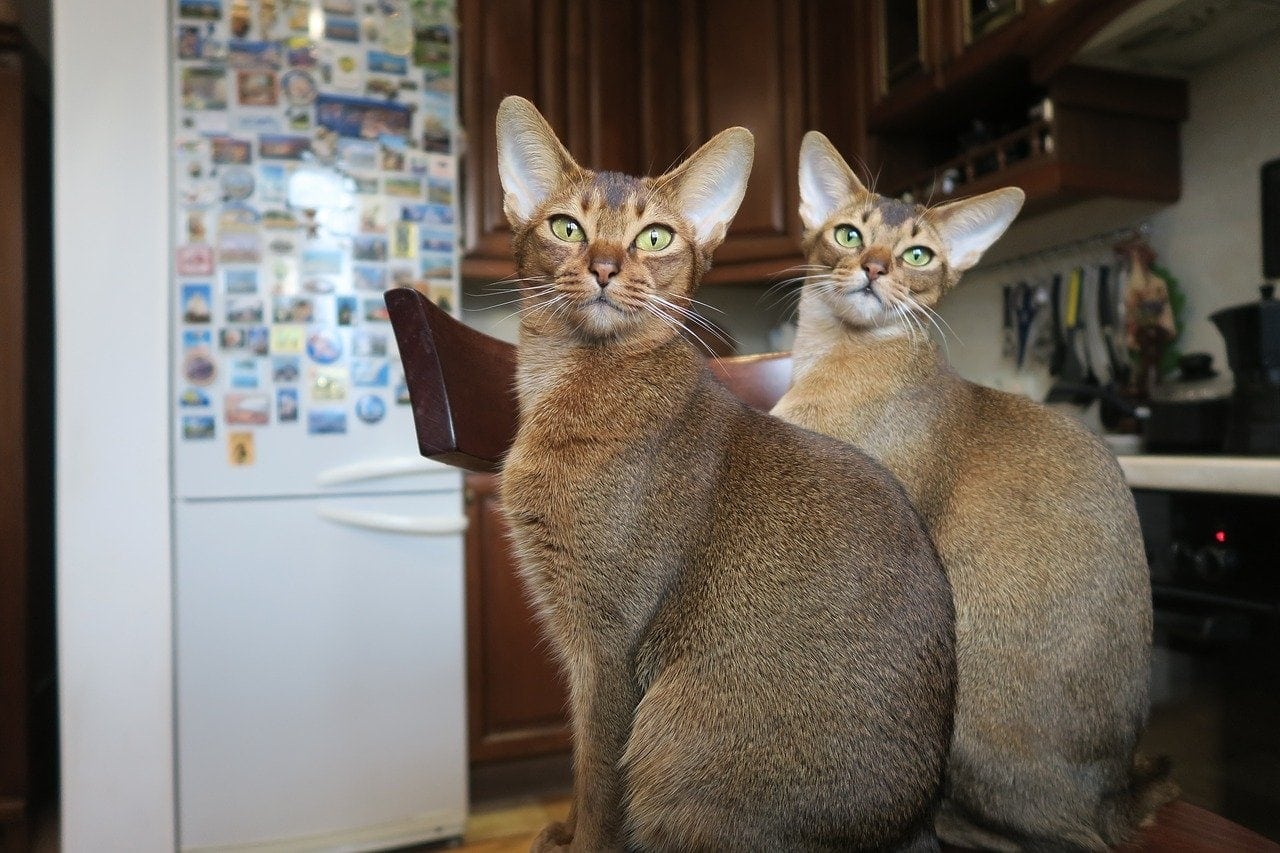
How Long Does the Cloning Process Take?
Because of the unpredictability of cloning success, it’s hard to pinpoint when the cloned pet is ready to come home.
However, once your sample results in a successful embryo, the gestational period is generally the same as naturally-born cats, a few months—but getting to that point can take a long time.
Are There Financing Options for Cloning?
There are no financing options through the company that covers cloning costs. Half of the $35,000 is due at the time of DNA sample submission, and the rest is done once they have a successful recreation of your pet.
Are Human Beings Cloned?
While there is no successful record of human cloning, a company called Clonaid reportedly cloned a successful female named Eve in 2002. However, there was no subsequent proof to substantiate the claims.
Conclusion
The reality is that cloning isn’t always successful, nor is it feasible for the everyday person. However, if you are determined to bring a part of your pet back to life, while understanding that they won’t be the same, cloning can still be an option for you.
Featured Image Credit: Sarah Fields Photography, Shutterstock
